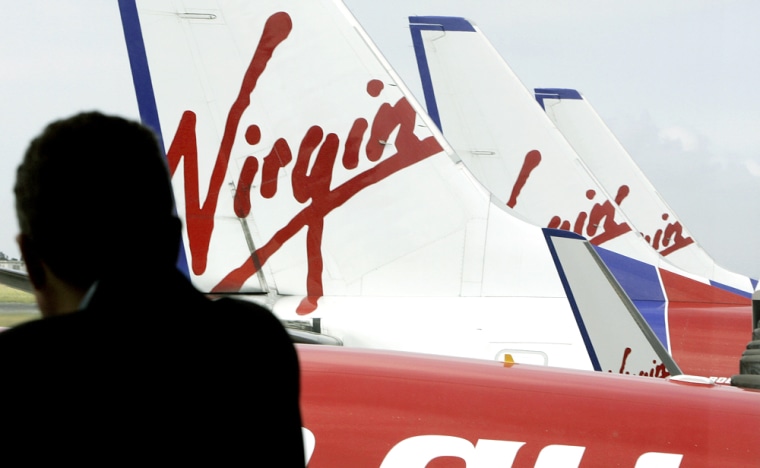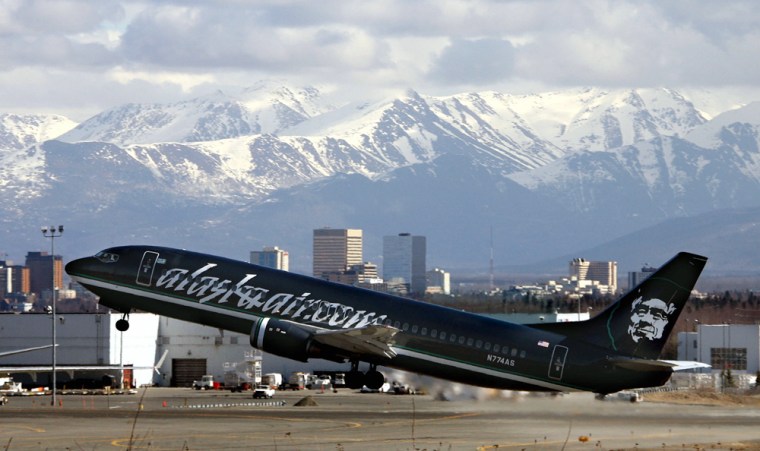If you want to get more rewards from an airline frequent flier program, it may be time to stop looking for free flights.
That's because the reward miles market is over-saturated—too many people have too many miles, causing intense competition for a limited number of reward seats.
Only 7 percent of airline seats per year are designated as reward ticket seats, according to IdeaWorks, a Wisconsin-based consulting firm that specializes in brand development. And ever financially vulnerable airlines are becoming more reluctant to give up seats for rewards tickets that can otherwise be filled by a customer willing to purchase the ticket.
Instead, they're looking for different ways to compensate and retain their most loyal customers.
Some airline rewards programs are allowing frequent fliers to use their miles at affiliated companies for other services, including car rentals, hotel stays and shopping. At Frontier Airlines' More Store, for example, miles can be used to pay for a spa "experience" at a Ritz-Carlton or a night's stay in a Marriott suite.
Likewise, airlines' programs also are increasingly allowing people to rack up miles by eating at local restaurants or subscribing to The Wall Street Journal—which they can do through United Airlines' Mileage Plus program.
"The more participating companies a particular program has, the easier and the more convenient it's going to be to earn the most miles," says Tim Winship, publisher of Frequentflier.com, which doles out frequent flier information and expert advice.
The way customers rack up miles is changing, too. Programs are beginning to award miles based on the price of a ticket rather than the miles flown, encouraging customers to spend a little more to reap rewards. Limited fares, like class O tickets on American Airlines to certain international destinations, aren't even eligible for reward miles.
Last year, major airlines including Delta Air Lines and US Airways Group cut the shelf life of reward miles to 18 months from the previous standard of three years. Even airlines that promised their miles would "never expire" will terminate your account for a lack of activity. For example, while miles never expire at Continental Airlines, the airline can kill your account if you don't add or redeem for a consecutive 18 months. If you're not careful, you could be back at square one.
Rewarding choices
With so many changes and lots of choices, how do you know if you're flying with the right program?
Jay Sorenson, president of IdeaWorks, says people should make their decisions based on which airlines they fly most. Frequent travelers should stick to legacy carriers, because their programs offer more opportunities to earn points through credit cards, such as American Airlines' AAdavantage Citi Mastercard or Delta's Gold Delta SkyMiles American Express.

"Legacy networks are trying to reach out to every possible commercial relationship that a consumer might have," Sorensen says.
Newer airline rewards clubs, on the other hand, are better for more casual travelers. Since they do not penetrate the market as much as legacy carriers and fewer people are vying for seats, the chances for reward travel are better.
Winship also says it's best to consider which airlines fly out of your hometown airport and your usual travel patterns when choosing a program.
And don't get too attached to your miles. They may be important now, but as airline rewards programs continue changing, it's those customers who are repeatedly willing to pay more for higher-class tickets that will likely earn the most value and rewards flexibility.
"Five years from now, you're not going to earn miles anymore," Sorenson predicts. "You're going to earn points, and your points will be tied to how much you are spending with these programs."
